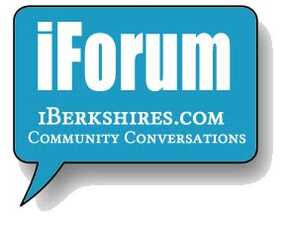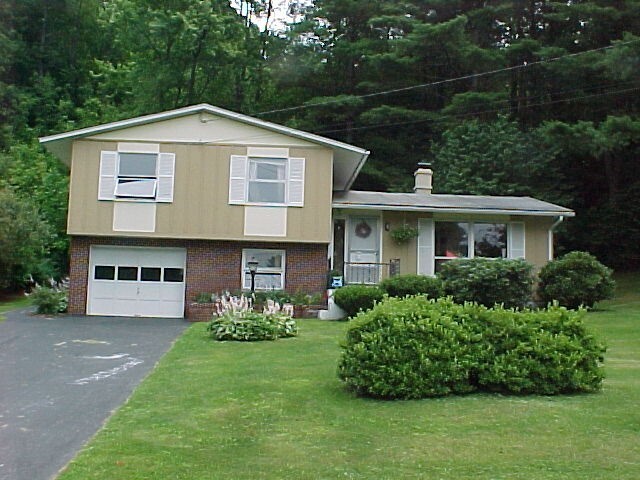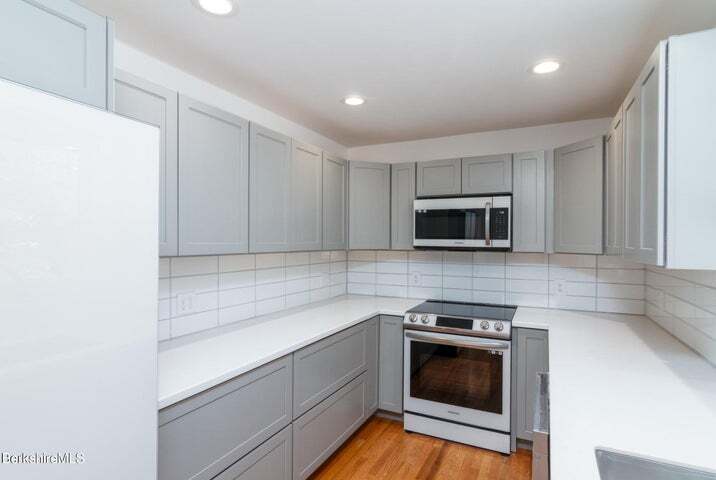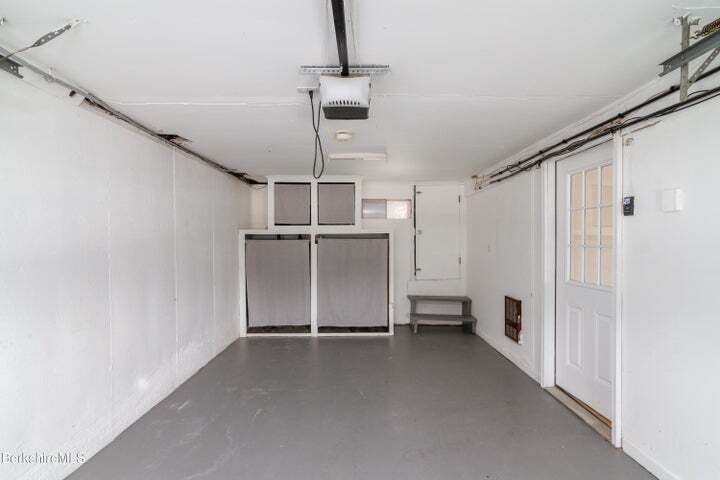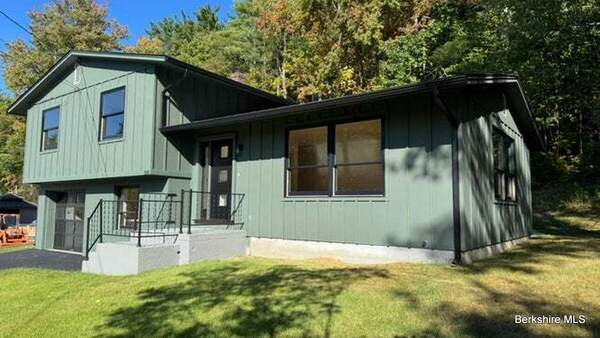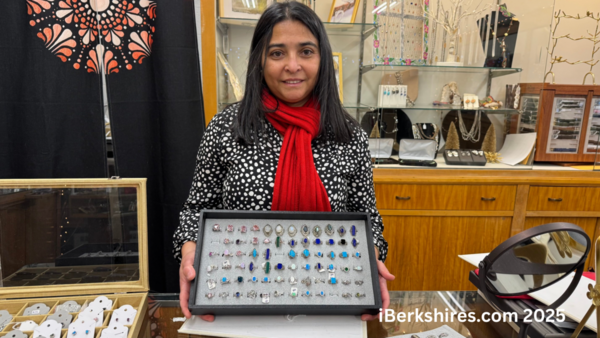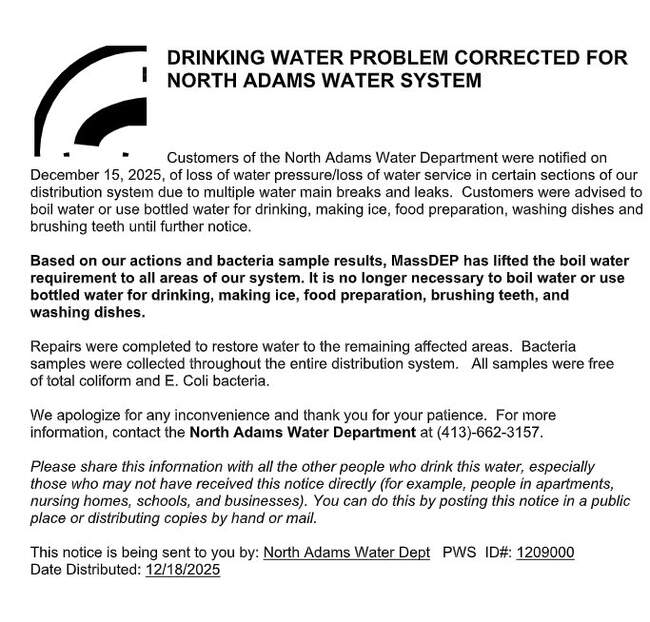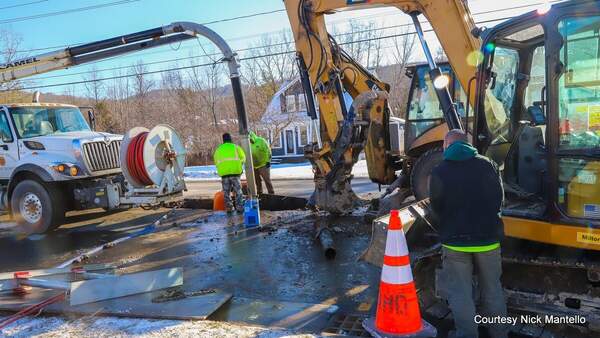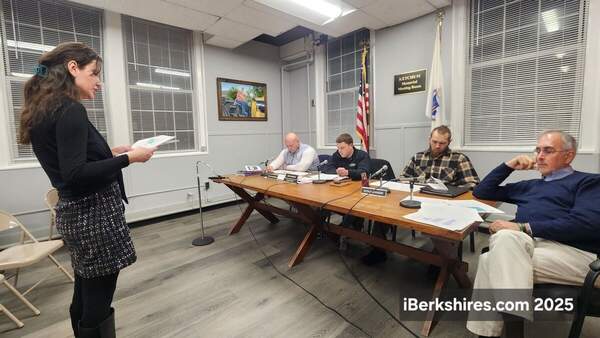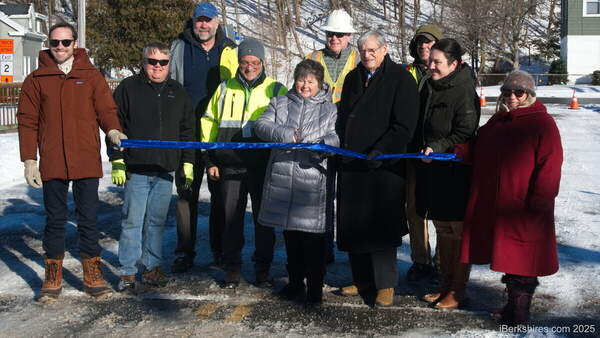Guest Column: Fentanyl: Current Wave of the Opioid Crisis in the Berkshires
The United States has passed a grim, heartbreaking milestone: a record number of Americans are dying as a result of a drug overdose.
Between April 2020 and April 2021, drugs – mostly synthetic opioids such as fentanyl – took the lives of more than 100,000 of our sons and daughters, loved ones and neighbors, community members, and friends. Preliminary data from the Massachusetts Department of Public Health indicate confirmed overdose deaths from opioids have increased 7 percent from 2020 to 2021.
Overdose deaths from synthetic opioids – primarily fentanyl – have also increased. This rise in opioid overdoses across the country is largely due to illicit fentanyl contaminating street drugs.
Pharmaceutical fentanyl is a synthetic opioid that is FDA-approved as a patch or lozenge for the treatment of severe pain. Fentanyl is at least 50 times more potent than heroin. Most recent cases of fentanyl-related harm, overdose,
and death in the U.S. are linked to illegally made fentanyl that is mixed into drugs, like counterfeit painkillers and benzodiazepines, heroin, cocaine, and methamphetamine.
Because we have an unregulated and criminalized drug supply, there is no way to tell if a street drug that a person is using is 100 percent safe. This means that someone may use a substance that they believe their body is able to tolerate, but it may actually be much stronger than they expect due to being contaminated with fentanyl, without knowing.
Data from the Department of Public Health tells us that in Berkshire County overdoses increased from 56 in 2020 to 62 in 2021, an 11 percent increase. The following are rates of fatal overdoses per 100,000 residents in 2021:
-
Massachusetts: 33
-
Berkshire County: 61
-
Cheshire: 96
-
Pittsfield: 78
-
North Adams: 70
-
Adams: 62
-
Lee: 53
The opioid crisis is not confined to a particular subset of our population and these numbers do not mean that any one town or area is immune. The epidemic affects wealthy and poor, Black and white, rural and urban, and every corner of the Berkshires
The street drug supply has always been unpredictable and inconsistent – this is especially true now. Assume overdose risk no matter what drug you’re using, and practice as much harm reduction as possible, as consistently as possible.
These conditions hold true for recreational drug use as much as for regular use and are not restricted to any one type of drug, as they have been found in heroin, crack/cocaine, and pressed pills.
-
Go slow.
-
Use less.
-
Try not to use alone. If you do, have someone with naloxone check on you.
-
If you’re using in a group, have naloxone on-hand and take turns so someone is
-
always alert and available to respond.
-
Know the signs of an overdose.
-
Carry naloxone and know how to use it.
-
Look out for others in the community and administer naloxone if you suspect an overdose.
In 2021, Berkshire Harm Reduction gave out 1,757 naloxone kits between Pittsfield and North Adams. These kits will be more readily available in the near future for anyone interested in supporting the health of our community.
By following these harm reduction strategies, together, we can heal our communities and reduce preventable overdose deaths.
More Information
To learn more about fentanyl and naloxone, visit www.HealTogetherMA.org/Pittsfield and www.HealthToogetherMA.org/NorthAdams
On behalf of HEALing Communities of North Adams and Pittsfield
Betsy Strickler and Emily Kirby are the communications consultants for Pittsfield HEALing Community and North Adams HEALing Community, respectively. Both cities are participating in the National Institute of Health's HEAL (Helping to End Addiction Long-term) Initiative study.
Tags: guest column, opiods,
